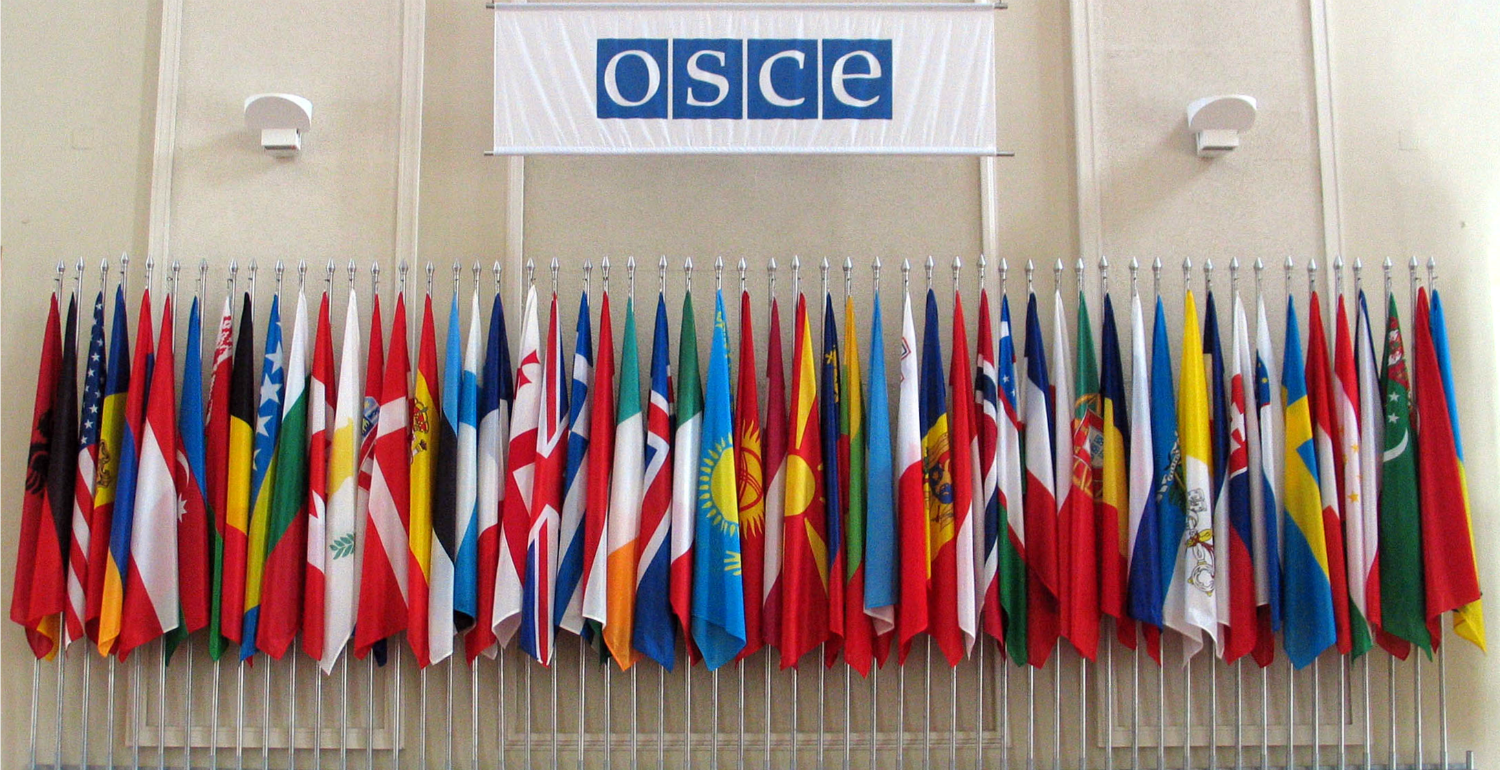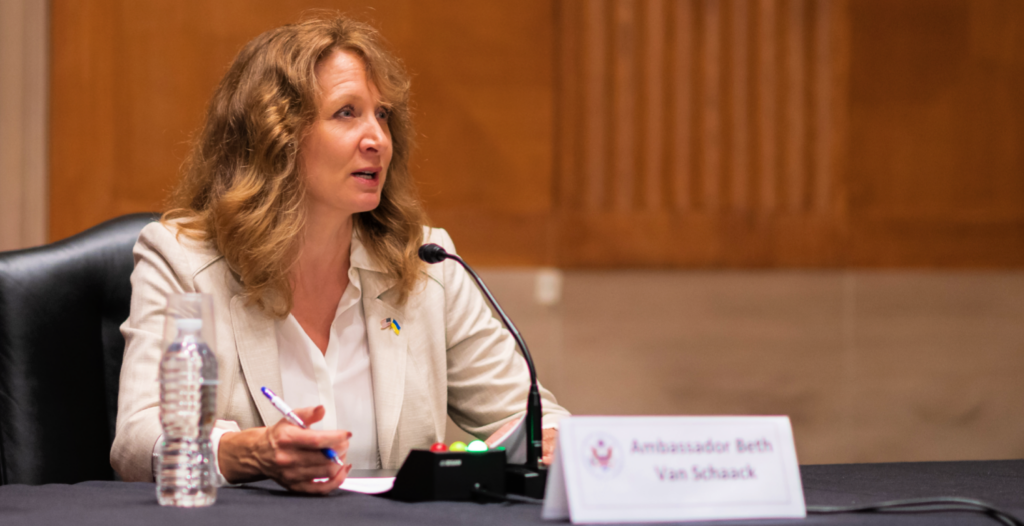Commissioner Claiborne Pell and others in attendance, in this series of hearings, looked at their own country’s record on the Helsinki Final Act of 1975. This hearing signified the first time that a state belonging to the Organization for Security and Cooperation in Europe (OSCE), or the “Conference,” had looked at its own record in such a manner, taking into account criticism by other signatories and private domestic monitoring groups, no less.
This series of hearings’ purpose was to ascertain progress accomplished, learn what more needs to be achieved, and proclaim a reaffirmation of the U.S. commitment to the Helsinki Final Act’s full implementation.






